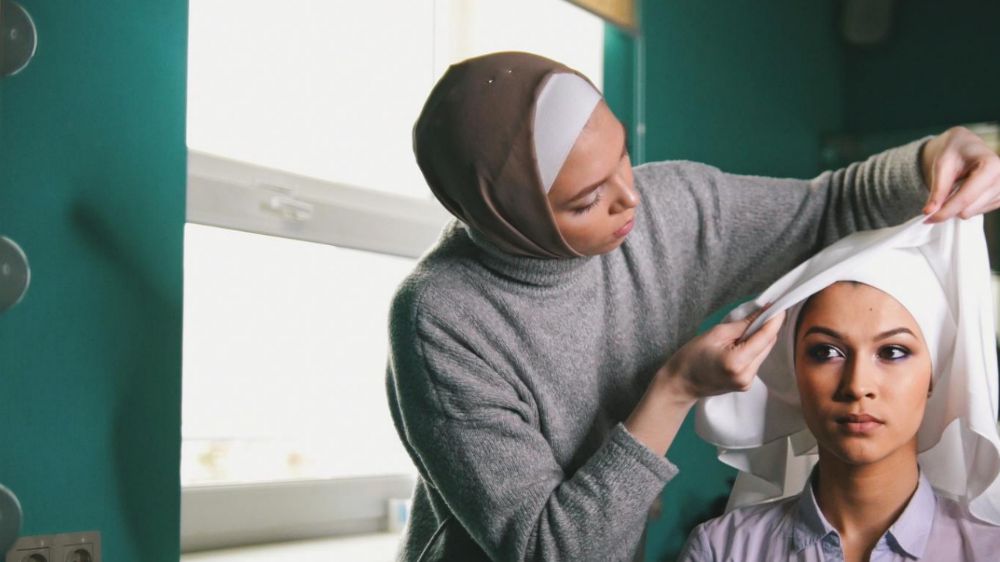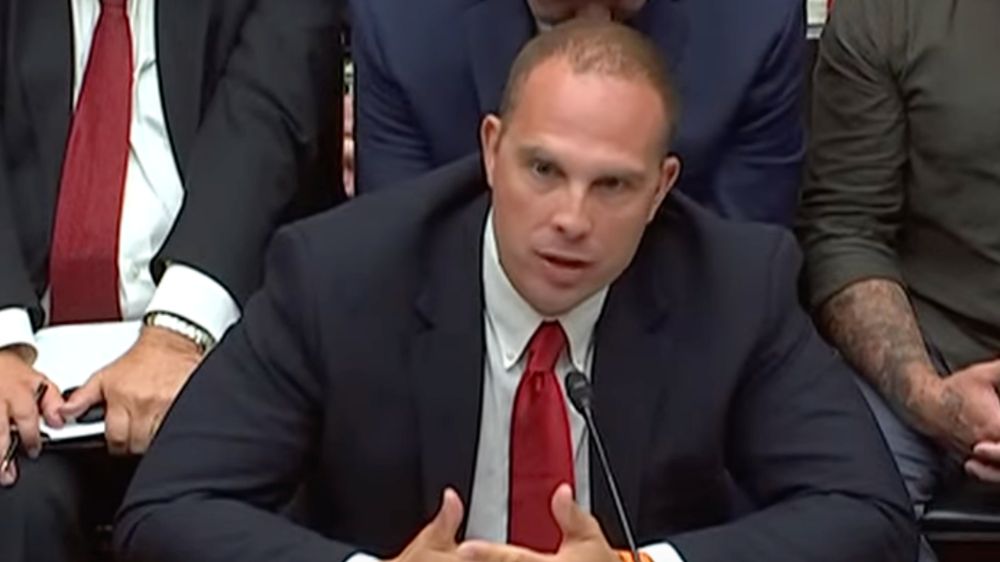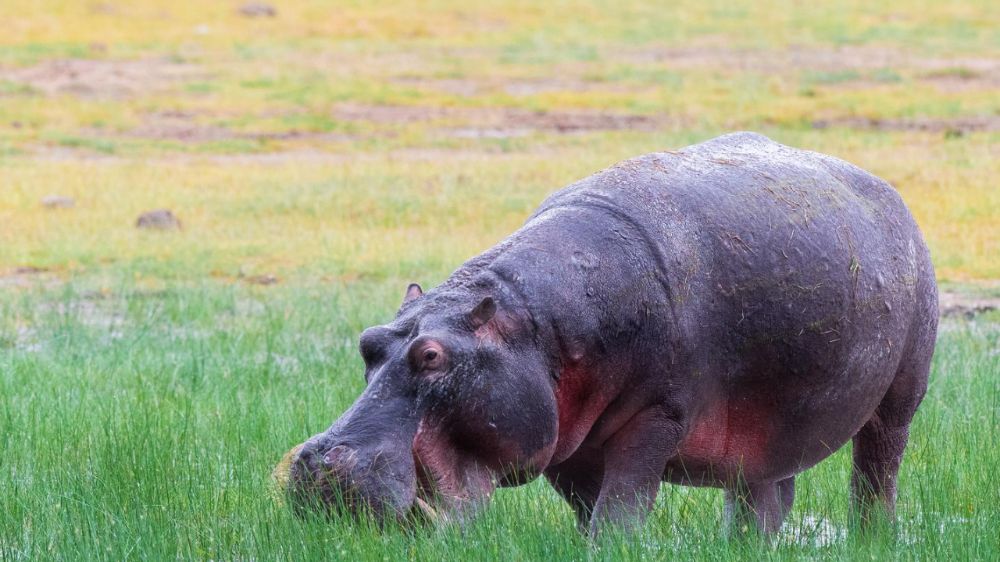
The Taliban’s one-month deadline to close down beauty salons in Afghanistan has come to an end. This unseemly closure is seen as a vain attempt since about 60,000 women in Afghanistan are connected to this business.
The backstory behind the decision to close beauty salons in Afghanistan
The Taliban regime in Afghanistan is known for a worsening humanitarian crisis and an economic meltdown. But it has been criticized more for depriving Afghan women of their rights and freedoms ever since they came into power in 2021.
The oppressive regime of the Taliban controlled most of Afghanistan from 1999 to 2001. During this time, as part of one of many brutal policies, they excluded women from public life. This included women being denied access to education and employment opportunities.
After the US-led invasion of Afghanistan, the situation seemed to get better for women in terms of freedom. Women were able to live a normal life with lots of opportunities for education and employment until 2021 when NATO and US forces started pulling out and left the country.
From August 2021 onwards, the Taliban has been practicing their repressive policies by banning women from universities, parks, gyms, and bathhouses. Towards the end of the preceding year, they also banned all the local and foreign NGOs from taking on women as clients. And to top it all off, they issued an edict last month putting a ban on beauty salons.
Mohammad Sidik Akif Mahajar, a spokesman for the Virtue and Vice Ministry, confirmed the details of the document circulating on social media. He told the media that all the salons should be closed by July 27 since the deadline had ended. The Taliban issued the edict on June 24 and gave a deadline of only a month.
Government officials in Afghanistan opined that the ban is imposed to alleviate the excessive burden on grooms. This is because in Afghanistan, grooms customarily pay for the bride’s pre-wedding salon visits. Moreover, they view the services offered in salons as forbidden by Islam which is an even bigger reason for the ban.
What’s the plan?
The backlash against this ban internationally has been widespread as it is hands down an unabashed attempt at suppressing women's rights. The ulterior motive behind this
proclamation is to implement discriminatory gender policies that the Taliban is known for. Oddly enough, Hibatullah Akhundzada, the leader of the Islamic Emirate of Afghanistan, released a statement about the betterment of women’s lives a few days before this ban. “The status of women as a free and dignified human being has been restored and all institutions have been obliged to help women in securing marriage, inheritance and other rights,” he said.
It clearly shows the hypocrisy of the conservative regime that breeds gender discrimination and focuses more on stifling national progress.
Depriving around half of the population of their rights and stopping them from contributing to the economic growth of the country can patently be fatal to an already declining economy.
However, it is still unclear whether the Taliban would use force to shut down the beauty salons that do not comply with the order. The spokesperson said nothing in this regard but a rare protest foreshadowed something of the sort.
A small number of makeup artists and beauticians tried to speak up for their rights and gathered in Kabulㅡ the capital city. Predictably, with the use of fire hoses, tasers, and shooting guns into the air, security forces dispersed the handful of protestors. This is a clear sign that the “new rule” might be implemented by dint of force in case of any defiance.
Why this plan is bound to fail
The plan to curb the freedom of half of the population is an insane act that can miserably fail for so many reasons.
Firstly, there are some 3,000 beauty salons in Afghanistan employing about 60,000 Afghan women. As Heather Barr, associate women’s rights director for the New York-based group Human Rights Watch tweeted, “This isn’t about getting your hair and nails done. This is about 60,000 women losing their jobs.”
Moreover, even if these women are not the sole bread earners for their families, cutting off an additional source of income can never be a subtle maneuver. It is an even worse strategy when the living standards and economy are already going down.
Secondly, marginalizing a particular group will be seen as a violation of fundamental human rights by the global community. The United Nations has already expressed its grave concern about the current situation of women in Afghanistan:
“We also draw to the Council’s attention our deep concern that these serious
deprivations of women’s and girls’ fundamental human rights and the harsh enforcement by the de facto authorities of their restrictive measures may constitute the crime against humanity of gender persecution,” said Mr Richard Bennettㅡ the Special Rapporteur on the human rights situation in Afghanistan.
In the current economic situation, the Afghan government cannot stand sanctions imposed by other countries or international organizations.
Lastly, the exclusion of women from the workforce will be seen as gender discrimination leading to isolation from the international community. In this day and age, when gender equality is being promoted on a global scale, a gender-biased state cannot align with global values.
The impact and what it all boils down to
The never-ending suppression of women's rights in Afghanistan has received a dichotomized reaction from the international community. On one hand, we see a severe backlash from a lot of people and organizations that work actively for human rights and gender equality. On the other hand, many such organizations and states seem to find it suitable to remain silent.
Keeping this in view, one can predict that the socio-political landscape might become more volatile if the situation persists. This is because there is always a burst of action when the pressure reaches a tipping point and this is how the situation may end up. Not only women but also men may come out in the streets as a reaction to the brutal policies, eventually giving rise to instability and civil unrest in the country.
That said, according to historical trends, the remarkable resilience of Afghan women and international criticism can ultimately collectively go against the viability of the plan.
Iqra Shafique is a writer based in Pakistan. Follow Iqra on twitter.

